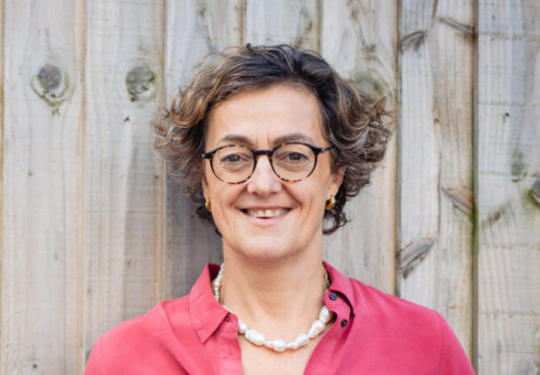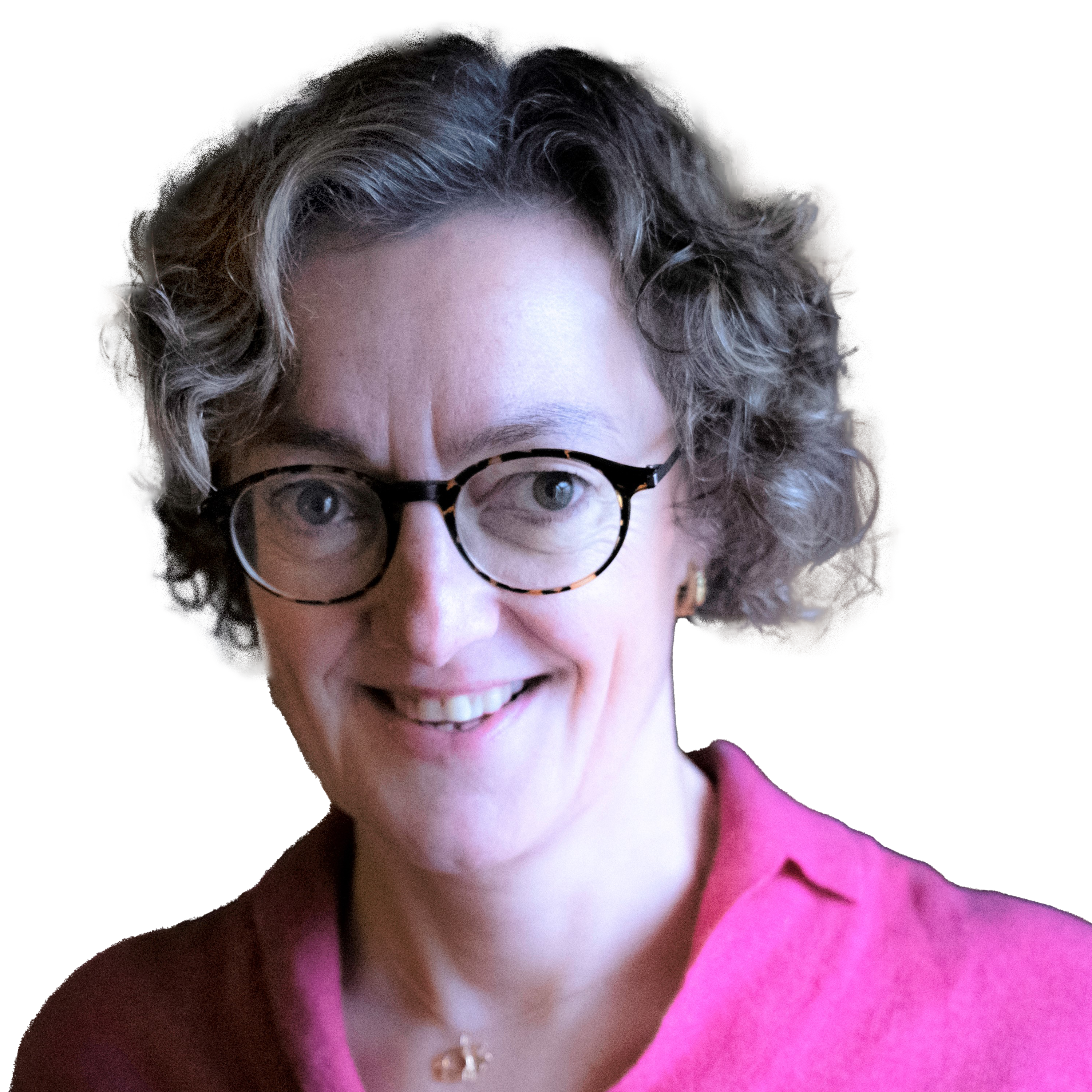In this month’s blog, Dr Hilary Williams highlights three local low-cost initiatives where NHS staff and patients have relinquished the burden of top-down NHS structures and delivered on prevention.
Prevention is centre stage of health policy right now, but this is swiftly followed by ‘there is no money and acute care is swallowing the budget’. So, I wanted to highlight three local low-cost initiatives where NHS staff and patients have relinquished the burden of top-down NHS structures and delivered on prevention. What all these projects have in common is a very pragmatic community approach – encouraging health awareness everywhere, from beauty salons to mosques, to the routine visit to the dentist.
Even if the high street is struggling, it feels like we are spending more time in hairdresser’s, barbers, and beauty salons, so Clare Small from Aneurin Bevan University Health Board (ABUHB) invited local beauty industry specialists to the very unglamorous surroundings of the Royal Gwent Postgraduate Centre to highlight the importance of sun awareness by educating on the basics of spotting skin cancer. 68 locals attended, where discussion topics included how to spot skin cancer on the hands and feet, noting the differences between a squamous lesion and melanoma, and the psychology of having a conversation around cancer. They finished with a quiz on health promotion and lots of attendee’s signed up to CoppaFeel, a breast cancer awareness charity. Feedback was welcomed, with one encouraging response saying ‘Thank you for including us in this important endeavour. We look forward to participating and supporting your efforts to raise awareness and foster a healthier community’. The event costs around £10 per participant and future events are planned, with requests for sun awareness from nursery staff in deprived areas, as well as in local nursing homes.
Still at ABUHB, Dr Fidan Yousuf and the Hepatology Team feel they have a real duty of care to raise awareness of the causes and effects of liver disease in their local population. Fi tells us that obesity and steatotic liver disease have increased 10-fold over the last decade but, as symptoms may be very limited until the advanced stages, early detection and screening are critical. Risk factors such as obesity, alcohol excess and blood borne viruses can be stigmatised or poorly understood by local communities and staff. Fi describes this in more detail in her blog, but as an oncologist I was really interested in their work to get out and about to mosques and community centres to raise awareness of liver disease in groups who might be of higher risk for biliary tract cancers. I am sure it's no coincidence that whenever I meet a trainee who has worked with the team, they have loved the job and are planning their future career in hepatology.
I also wanted to highlight the role of Brian Webber, patient number one in PEARL, a head and neck cancer trial at Velindre Cancer Centre. Brian is a retired dentist and, although dentists are aware of the signs of oral cancer, he has gone one step further by engaging trainee dentists in the complexities of the diagnostic treatment pathway, the importance of clinical trials, and helping them to understand the long-term consequences of cancer treatment on the oral cavity, both short- and long-term. You can read the ITV report online.
Good public health policy really delivers – you only have to look at the sugar tax and the 20mph speed limit in Wales – but there is also good evidence for a community first approach. Every week, I meet people who have struggled to work their way through a complex healthcare system or to understand whether changes in their body need to be checked or not (another shoutout to Ms Cornish and the session at Everywoman Festival on how to get the most out of a GP appointment).
So, to finish with some recommended reading, Prof Kate Brain at Cardiff Uni has led a lot of work on understanding the role of community in how people seek health information and engage with screening programmes. Empowering healthy communities and individuals is a great read, highlighting the importance of ‘health literacy’ and how different generations seek information - it’s good to know Gen Z still trust doctors.
We need our workforce to use their own experience and talents to deliver the change we need. If you have a great idea, please keep an eye on the RCP grants programmes.
The team at RCP Cymru Wales would love to know more about what you are doing to improve services in your health board. Please get in touch Wales@rcp.ac.uk.






